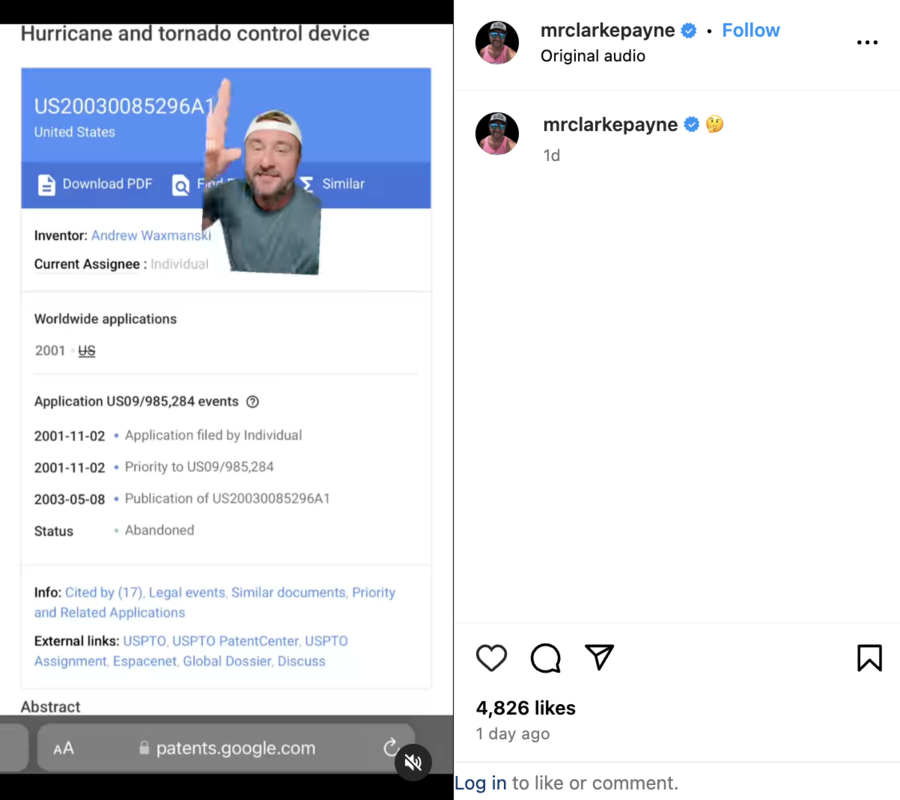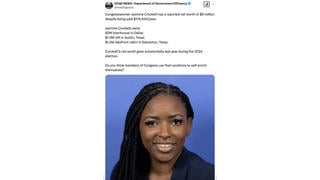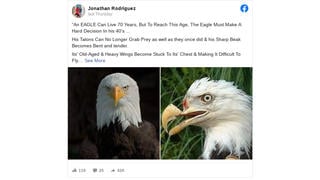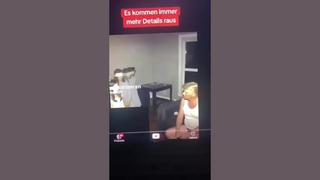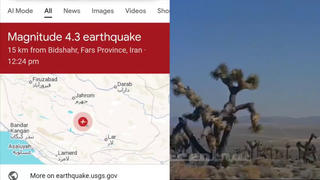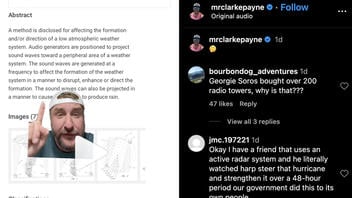
Does the existence of a patent application for a so-called "hurricane and tornado control device" prove Hurricane Helene and other natural disasters are created artificially, as posts on social media suggest? No, that's not true: The patent application in question was abandoned as of May 8, 2003. Also, it proposed a strategy for diverting storms by projecting sound waves -- not creating storms.
A version of the claim was shared in a post on Instagram on September 30, 2024 (archived here), which showed an image of "Hurricane and Tornado Control Device US Patent: 20030085296A1."
After pointing to a Wikipedia page describing "Hurricane Helene," the person in the video said:
Check out this patent hurricane and tornado control device, what? Audio generators are ... generated at a frequency to affect the formation of the weather system in a manner to disrupt, enhance or direct the formation.
Here is how the post appeared at the time of writing:
(Source: Instagram screenshot taken Tue Oct 2 07:03:18 2024 UTC)
The post shown above came days after Hurricane Helene made landfall (archived here) in Florida on September 26, 2024. It suggests that the patent proves severe weather systems can be technology-derived. This baseless theory has been put forward by other social media users in the past to similarly propose severe weather systems are manmade (here and here, for example).
Patent application US20030085296 for a "Hurricane and tornado control device" (archived here) was filed by Andrew Waxmanski on November 2, 2001, but was never granted. The patent shows that the device was intended "to disrupt and slow the rotating winds, thereby preventing a hurricane or tornado from forming" -- not create storms.
On May 8, 2003, the patent was "abandoned."
The U.S. Patent and Trademark Office (archived here) writes that patents can be "abandoned" if the applicant for the patent fails to reply to follow-up inquiries within six months (archived here). Sometimes, that period may be extended by another five months (archived here). A patent application can also be abandoned if its filer so chooses.
Waxmanski filed at least two other patents, one for a "Shoe rack stack" on August 17, 1975, (archived here) and a second for a "Spring loaded fishing device" on June 6, 2003 (archived here). The latter was also abandoned.
According to the World Intellectual Property Organization (archived here), "a patent is an exclusive right granted for an invention" that legally protects patent inventors. A patent, however, does not guarantee the existence of such a device or prove its efficacy.
Hurricanes and other natural hazards are caused by natural marine and atmospheric factors on our planet. The National Oceanic and Atmospheric Administration writes (archived here) that a hurricane can be caused by a combination of pre-existing weather disturbances that -- combined with warm water, thunderstorm activity and a significant difference in wind speed -- create a hurricane. The National Weather Service reports (archived here) that a hurricane's "speed and path depend on complex ocean and atmospheric interactions, including the presence or absence of other weather patterns."
Other Lead Stories fact checks on claims related to Hurricane Helene can be found here.

